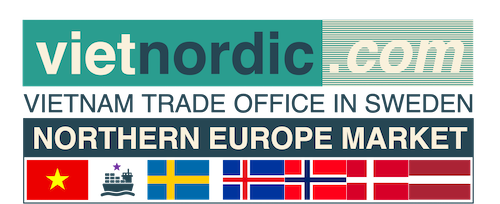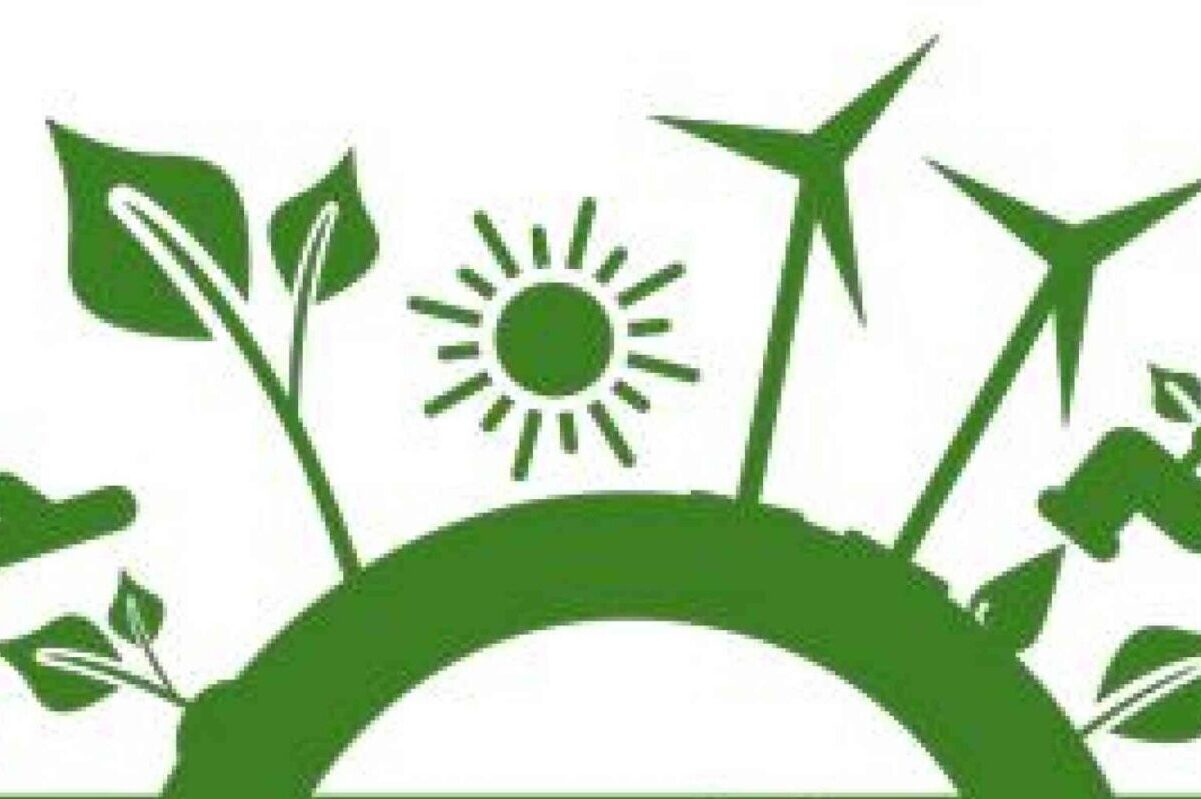As the global economy increasingly shifts toward sustainability, green technology has become essential for businesses aiming to compete internationally. For Vietnamese enterprises, investing in green technology offers a strategic advantage by opening up new export markets, meeting strict international standards, and aligning with evolving consumer preferences for sustainable products. This investment is not only environmentally responsible but also economically beneficial, providing a competitive edge in today’s global marketplace.
Growing global demand for sustainable products
The demand for environmentally friendly products and sustainable practices is rapidly increasing, especially in developed markets. Consumers in countries like Denmark, Sweden, and Norway, leaders in sustainability, are showing a strong preference for green products. A Statista survey revealed that around 75% of consumers in these countries prioritize purchasing from companies with environmentally responsible practices.
Major companies like H&M and IKEA have embraced sustainability as a core part of their business strategy. They require their suppliers, including those in Vietnam, to meet stringent environmental standards. H&M, for instance, is committed to using recycled materials and ensuring that its supply chain is eco-friendly. This trend presents both challenges and opportunities for Vietnamese exporters. By adopting green technologies, such as renewable energy sources, sustainable production processes, and eco-friendly materials, Vietnamese businesses can meet international standards and attract environmentally conscious consumers.
The move towards sustainability is becoming a necessity rather than a differentiator. For example, IKEA has committed to using wood only from sustainably managed forests, which not only strengthens its brand but also ensures long-term customer trust. Vietnamese enterprises that follow suit will enhance their competitiveness in demanding markets like Europe and the Nordics.
Compliance with international regulations and standards
Alongside the increasing demand for sustainability, international trade regulations are evolving to reflect environmental concerns. Many countries, particularly in the European Union (EU), have implemented strict environmental regulations. The European Green Deal, aiming to make Europe the first carbon-neutral continent by 2050, is a key example of this shift.
To continue exporting to these markets, Vietnamese companies must invest in green technologies to comply with new regulations such as the Carbon Border Adjustment Mechanism (CBAM), which will be fully implemented by 2026. Under this mechanism, exporters to the EU will be required to pay for the carbon emissions associated with their products. Reducing carbon emissions through the adoption of green technology is therefore a crucial step for Vietnamese businesses to remain competitive and avoid additional costs.
Companies like LEGO have shown the importance of investing in renewable energy and reducing carbon footprints. LEGO is committed to using 100% renewable energy in its operations, allowing the company to comply with stringent environmental regulations while also enhancing its brand. Vietnamese businesses can learn from this proactive approach to not only meet international standards but also position themselves as leaders in sustainability.
Enhancing brand value and building consumer trust
Sustainability is becoming a critical factor in building brand value and gaining consumer trust. Businesses that demonstrate a strong commitment to eco-friendly practices can differentiate themselves from competitors and attract a growing base of environmentally conscious consumers. Global brands like H&M and IKEA have successfully incorporated sustainability into their core values, strengthening their brand identities and positioning themselves as leaders in green business practices.
For example, H&M launched its “Conscious” collection, made from recycled and sustainable materials, to appeal to eco-conscious consumers. IKEA, similarly, focuses on sustainability throughout its supply chain, from raw materials to final products, ensuring minimal environmental impact.
Vietnamese businesses can use green technology to enhance their brand image and marketing efforts. In industries like textiles, footwear, and agriculture, where Vietnam is a strong exporter, adopting green practices, such as using organic cotton or reducing water consumption, can signal a strong commitment to sustainability. This will improve the company’s reputation and marketability, especially in eco-conscious markets like the Nordics.
Additionally, aligning with global sustainability trends helps build long-term relationships with international partners. Nordic companies, in particular, prefer working with suppliers who share their environmental values. By adopting green technology, Vietnamese companies can become more attractive partners for these global giants, opening doors to new business opportunities and growth.
Long-term cost savings and operational efficiency
While the initial investment in green technology can be high, it offers significant cost-saving benefits in the long run. Energy-efficient production processes, waste reduction measures, and the use of renewable energy can all help lower operational costs over time. For instance, although installing solar or wind energy systems can be expensive upfront, they can drastically reduce energy bills in the future.
LEGO’s experience provides a clear example of how businesses can benefit from sustainability initiatives. By investing in wind energy, LEGO has achieved its goal of using 100% renewable energy while reducing its reliance on traditional energy sources. This not only supports the company’s environmental goals but also stabilizes energy costs and improves long-term profitability.
For Vietnamese businesses, embracing green technology is not just about regulatory compliance or branding, it is a sound financial decision. The savings gained from energy efficiency, waste reduction, and improved resource management can offset the initial investment and contribute to long-term business success.
Preparing for environmental risks
Climate change is a growing concern for global supply chains, and Vietnamese businesses are no exception. Extreme weather events such as floods, droughts, and storms are becoming more frequent, disrupting production and transportation. Investing in green technology allows businesses to build more resilient and sustainable operations, helping them mitigate environmental risks and ensure long-term stability.
Nordic companies like IKEA and H&M have already taken steps to address climate-related disruptions by investing in green technology to safeguard their supply chains. Vietnamese companies can learn from these examples, reducing their vulnerability to environmental risks and ensuring stable supply chains and continued market access.
Conclusion
Investing in green technology is essential for Vietnamese enterprises looking to remain competitive in the global market. It allows businesses to meet international environmental standards, enhance brand value, attract eco-conscious consumers, and build long-term partnerships with international companies. Moreover, green technology can lead to significant cost savings and improved operational efficiency in the long run.
As demand for sustainable products grows, businesses that prioritize green innovation will be best positioned to succeed in an increasingly eco-conscious global economy. By investing in green technology now, Vietnamese enterprises can secure their future in the international export market.
(Nguyen Thi Hoang Thuy, Vietnam Commercial Counselor to Sweden, Denmark, Norway, Iceland, and Latvia )

